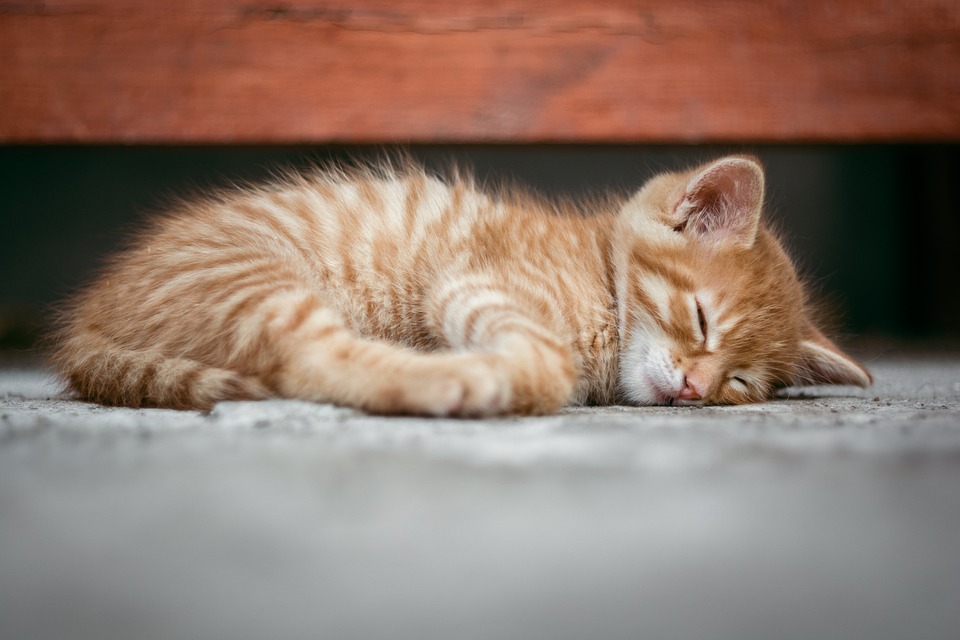Cats have incredibly sharp vision, which is crucial for their hunting and survival instincts. As cat owners, it is our responsibility to prioritize their ocular health and ensure they receive regular eye exams. These exams are essential for detecting eye problems early on, leading to prompt treatment and better outcomes for our feline friends.
Regular eye exams allow veterinarians to identify early signs of eye diseases in cats. Just like humans, cats can develop various eye conditions such as conjunctivitis, glaucoma, cataracts, and corneal ulcers. Detecting these issues in their initial stages allows for timely treatment and prevents further complications or vision loss.
Additionally, regular eye exams help monitor pre-existing conditions that may manifest in ocular symptoms. Health conditions such as diabetes, hypertension, and immune system disorders can affect a cat’s eyes. By monitoring these conditions and any changes or worsening of ocular symptoms, veterinarians can adjust treatment plans accordingly.
Cats may not be able to communicate when their vision is deteriorating. Regular eye exams help veterinarians evaluate any changes in visual acuity, peripheral vision, or night vision. Identifying vision problems early allows for interventions to maintain a better quality of life for cats.
Undiagnosed eye conditions can cause significant pain and discomfort for cats. By scheduling regular eye exams, cat owners can ensure that any potential issues are detected early, preventing unnecessary suffering for their furry companions.
Eyes are not isolated organs; they are interconnected with various body systems. Regular eye exams can sometimes uncover underlying health concerns that may not have been previously detected. By addressing these issues promptly, veterinarians can help maintain a cat’s overall well-being.
Here are some frequently asked questions about regular eye exams for cats:
Q: How often should I schedule an eye exam for my cat?
A: It is recommended to have your cat’s eyes examined annually, especially for senior cats or those with pre-existing health conditions.
Q: How can I tell if my cat is experiencing eye problems?
A: Watch out for symptoms such as redness, swelling, discharge, excessive tearing, squinting, cloudiness, changes in pupil size, or visible discomfort. Any of these signs warrant a visit to the veterinarian for an eye exam.
Q: Will my cat require sedation during an eye exam?
A: In most cases, sedation is not necessary for a routine eye examination. However, if your cat is anxious or uncooperative, your veterinarian may recommend mild sedation to ensure a thorough examination.
Q: Can eye exams prevent blindness in cats?
A: Eye exams play a crucial role in detecting and treating eye conditions early on, potentially preventing or delaying vision loss in cats.
Q: Are certain cat breeds more prone to eye problems?
A: Yes, some cat breeds are more susceptible to certain eye conditions. For example, Persian cats are prone to tear duct abnormalities, while Siamese cats may be more predisposed to glaucoma. Regular eye exams are particularly important for these breeds.
In conclusion, regular eye exams are an integral part of responsible cat ownership. By prioritizing your cat’s ocular health, you can help detect eye problems early, ensure prompt treatment, and maintain their overall well-being. Remember, if you notice any changes or signs of discomfort in your cat’s eyes, consult a veterinarian promptly to ensure their ocular health is properly addressed.








